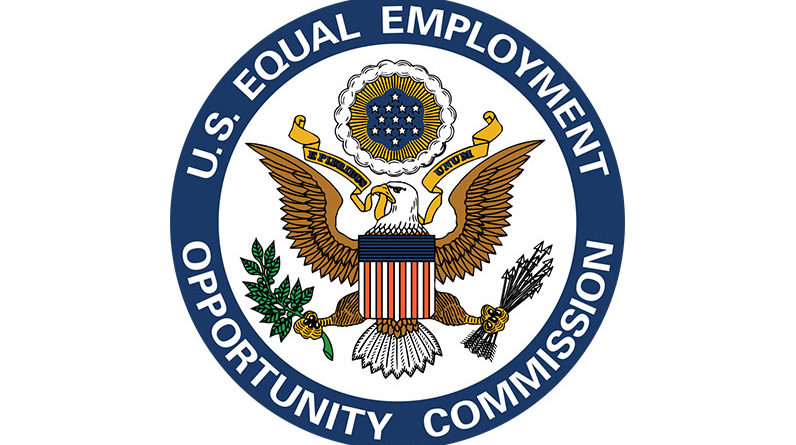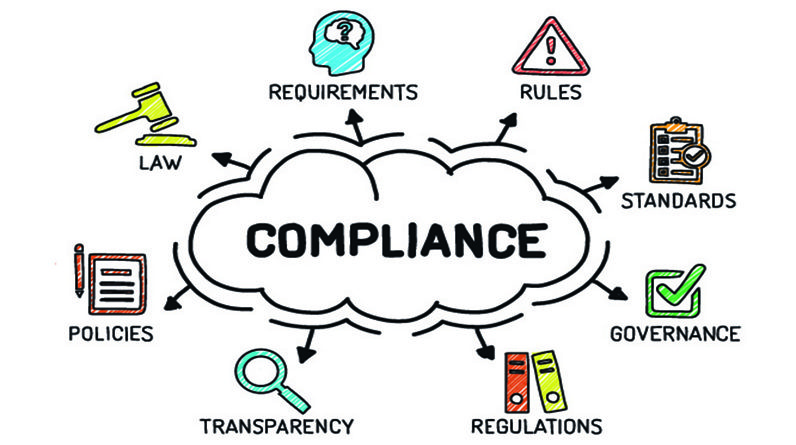The US Equal Employment Opportunity Commission (EEOC) today posted updated and expanded technical assistance related to the COVID-19 pandemic, addressing questions about religious objections to employer COVID-19 vaccine requirements and how they interact with federal equal employment opportunity (EEO) laws. The expanded technical assistance provides new information about how Title VII of the Civil Rights Act of 1964 applies when an applicant or employee requests an exception from an employer’s COVID-19 vaccination requirement that conflicts with their sincerely held religious beliefs, practices, or observances. Title VII prohibits employment discrimination based on race, color, religion, sex, and national origin.
“This update provides employers, employees, and applicants with important assistance when navigating vaccine-related religious accommodation requests,” said EEOC Chair Charlotte A. Burrows. “Title VII requires employers to accommodate employees’ sincerely held religious beliefs, practices, and observances absent undue hardship. This update will help safeguard that fundamental right as employers seek to protect workers and the public from the unique threat of COVID-19.”
The key updates to the technical assistance are summarized below:
- Employees and applicants must inform their employers if they seek an exception to an employer’s COVID-19 vaccine requirement due to a sincerely held religious belief, practice, or observance.
- Title VII requires employers to consider requests for religious accommodations but does not protect social, political, or economic views, or personal preferences of employees who seek exceptions to a COVID-19 vaccination requirement.
- Employers that demonstrate “undue hardship” are not required to accommodate an employee’s request for a religious accommodation.






